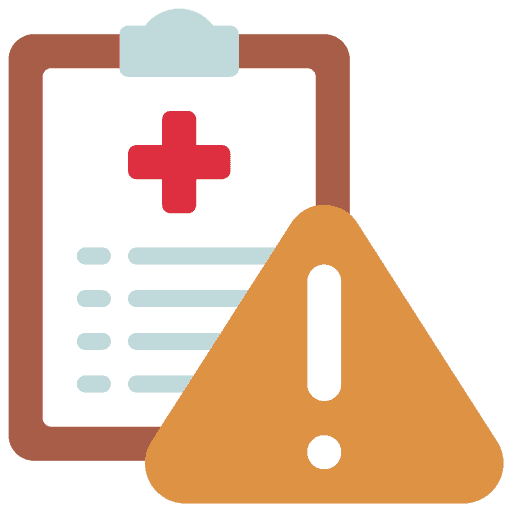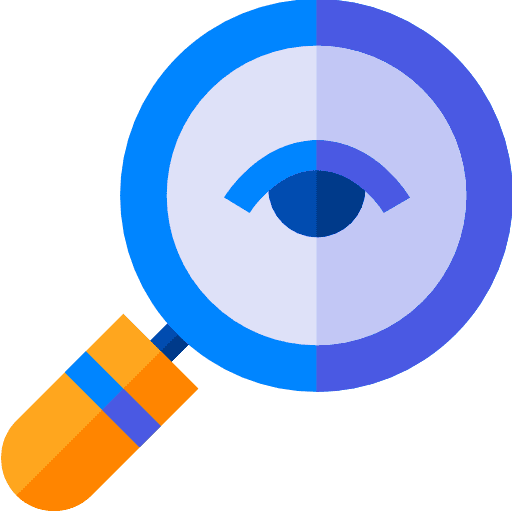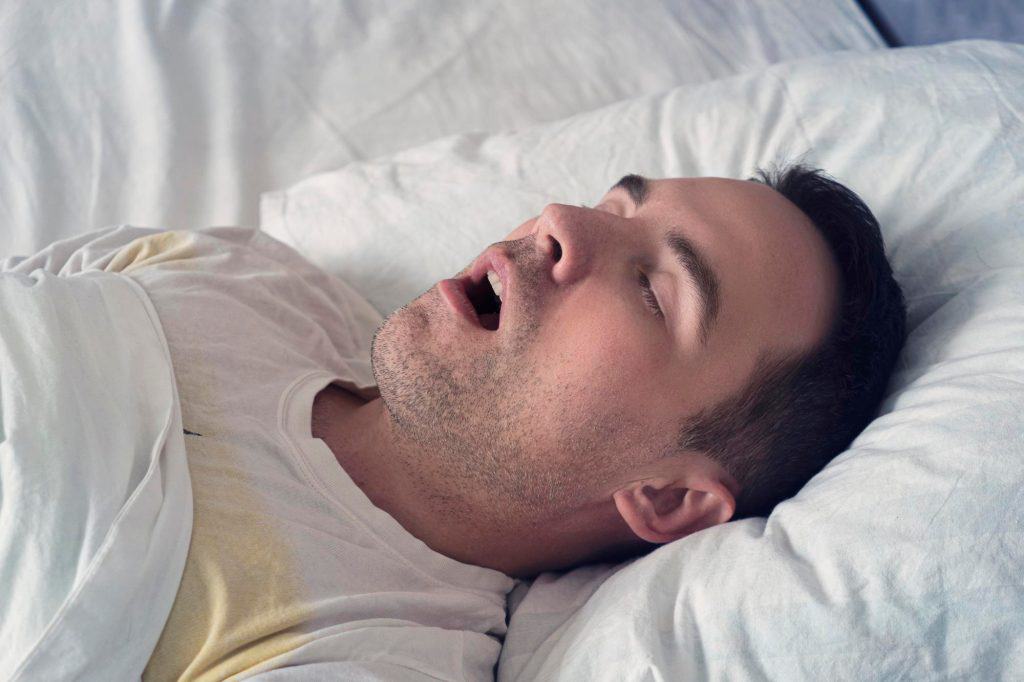Bedding / Sleep Advice
The Ins and Outs of Sleep Apnoea
Remember when you were a teen and used to sleep for hours on end? For many of us, those days are gone! Sleep can become increasingly elusive as we age, as aches, pains, and other sleep disturbances become more common.
One sleep disturbance that can prove particularly challenging is sleep apnoea. Sleep apnoea, spelt “sleep apnea” in the US, is a sleep disorder that can often be serious if it’s not handled with care.
If you think you may be experiencing sleep apnoea or know someone who might, it’s important to be well-informed. But don’t fret – this article has you covered. To answer all your questions on sleep apnoea, this article will cover:
- What sleep apnoea is
- Is sleep apnoea dangerous?
- The causes of sleep apnoea
- Common sleep apnoea symptoms
What Is Sleep Apnoea?
Sleep apnoea is a sleeping disorder where our breathing starts and stops during the night. This can happen continually without us even being aware.
There are three types of sleep apnoea, with the most common being obstructive sleep apnoea. Obstructive sleep apnoea (OSA) involves the throat muscles relaxing more than they should. When they’re in this state of extreme relaxation, they can block our airways, making it difficult for us to breathe.
Then, there is central sleep apnoea (CSA). With central sleep apnoea, our muscles being too relaxed isn’t the problem. In fact, it’s the opposite – our brain doesn’t send the signal to our muscles for them to relax. This is all down to dysregulation in the respiratory control centre. As a result, we struggle to breathe.
Finally, there’s complex sleep apnoea syndrome, which is also commonly known as “treatment-emergent central sleep apnoea.” It receives this second name because this condition is diagnosed in people who have obstructive sleep apnoea that, since treatment, has converted to central sleep apnoea.
Is Sleep Apnoea Dangerous?

Sleep apnoea can be dangerous if it’s not diagnosed and treated, so it’s important to consult your doctor if you’re concerned you may have it. Over the years, much research has been done on sleep apnoea and its health consequences. The key findings demonstrate that this sleeping disorder may be linked to heart disease, high blood pressure, type 2 diabetes, acid reflux, weight gain, heart failure, brain fog, depression, and more.
Therefore, we’ll say again – getting checked out is vital to keep yourself safe and lower the risks associated with sleep apnoea!
What Causes Sleep Apnoea?

Sleep apnoea can be caused by anything that narrows your airways. While the exact reason for this may differ, there are some common instances where sleep apnoea is more likely to occur:
- Excessive Alcohol or Drug Use: Substances such as drugs and alcohol can cause the throat muscles to relax. As we know in the case of central sleep apnoea, this may result in obstructions of the airways, leading to breathing difficulties during the night.
- Gender: Research indicates that men are twice as likely to experience sleep apnoea than women. While our understanding of the reason behind this is still ongoing, experts suggest it has to do with certain physical differences between men and women. For example, the rates of obesity, as well as our hormones and upper anatomy, differ.
- Being Obese: People who are excessively overweight are at a higher risk for developing sleep apnoea as fatty deposits can accumulate in the airways, leading to restriction and breathing difficulties.
- Having a Thick Neck or Narrow Airway: Some people are born with a thicker neck or narrower airways, which can make them more prone to sleep apnoea.
- Being a Smoker: Research shows that smoking can elevate inflammation and the fluid our airways retain – these two factors can both cause sleep apnoea.
- Having a Medical Condition: Certain medical conditions can make sleep apnoea more likely – these include hormonal disorders, polycystic ovary syndrome, chronic lung disease, and prior strokes.
You may also be more at risk of having sleep apnoea if the disorder runs in your family or if you suffer from a heart disorder like atrial fibrillation or congestive heart failure.
What Is Sleep Apnoea Symptoms?
Everyone experiences sleep apnoea differently, so the symptoms may be individual to each person. However, there are a characteristic set of symptoms that most people with sleep apnoea experience. These can help you to identify if you’re experiencing sleep apnoea, but it’s important to seek medical guidance for treatment and support.
One of the tell-tale markers of sleep apnoea is noisy snoring. The two commonly co-occur because sleep apnoea often causes the airways to narrow, causing the air to vibrate in the throat as we breathe it out. However, it’s important to note that it’s perfectly possible (and common!) to be a loud snorer and not have sleep apnoea. But if you’re a loud snorer and experiencing several of the other symptoms listed below, we recommend speaking to a doctor!
Another common sign of sleep apnoea is your partner or loved one noticing that you stop breathing at periods throughout the night. This is often how people become aware of their sleep apnoea, so if someone tells you this about yourself, be sure to listen!
Difficulties sleeping are another symptom of sleep apnoea. Whether you’re finding it difficult to sleep at night or feeling overly tired during the day, these may be signs you’re struggling with sleep apnoea.
Other common signs of sleep apnoea include waking in the morning with a sore throat or dry mouth, consistently waking up with a headache, or struggling to pay attention throughout the day.
Final Word on Sleep Apnoea
Sleep apnoea is a sleeping disorder that we may not recognise we have at first. However, over time, we may notice the tell-tale signs that indicate something is amiss. If we suspect sleep apnoea, it’s important to contact a doctor. That way, not only do we know for sure, but we can receive the necessary treatment to prevent negative health repercussions.

